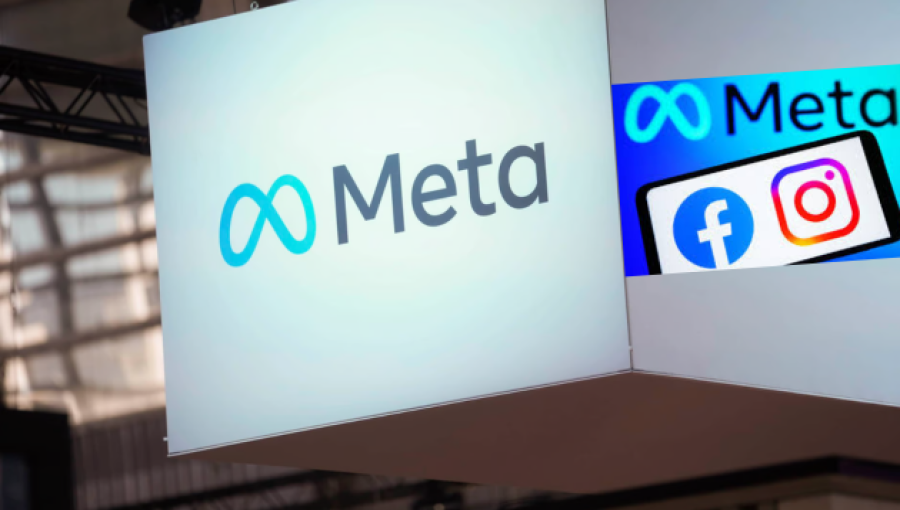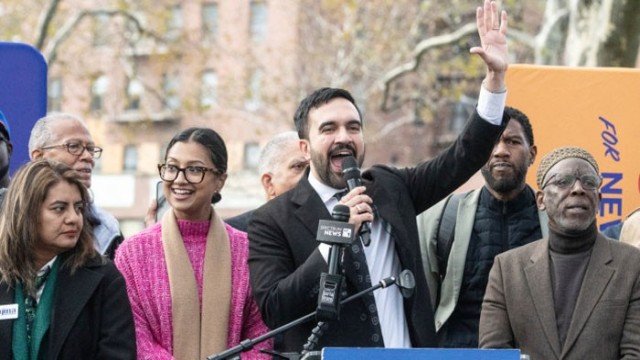The European Union launched an investigation on Tuesday into Meta's Facebook and Instagram platforms, citing concerns about their failure to combat disinformation ahead of the EU elections scheduled for June. This inquiry falls under the EU's new Digital Services Act, a significant legislation aimed at addressing illegal content online and compelling major tech companies to enhance user protection measures.
The European Commission expressed suspicions regarding Meta's moderation of advertisements, suggesting it may be insufficient. The commission warned that an increase in paid advertisements under such conditions could potentially harm electoral processes and fundamental rights, including consumer protection rights. EU leaders are particularly concerned about Russian efforts to influence public opinion and undermine European democracy.
EU internal market commissioner Thierry Breton emphasized the need to take effective actions to prevent the exploitation of Instagram's and Facebook's vulnerabilities by foreign interference. Commission executive vice president Margrethe Vestager highlighted concerns about Meta's moderation transparency and its content moderation procedures.
Under the Digital Services Act, Meta, along with 22 other "very large" online platforms including Amazon, Snapchat, TikTok, and YouTube, faces potential fines of up to six percent of their global turnover or even a ban for serious violations.
Meta has not specifically commented on the focus of the investigation but stated that it has established processes for identifying and mitigating risks on its platforms. The company looks forward to cooperating with the European Commission and providing further details about its work.
Brussels is particularly worried about Meta's effectiveness in monitoring elections ahead of the EU-wide polls in June, especially after Meta's decision to shut down CrowdTangle, a vital tool for tracking viral falsehoods. Meta plans to replace CrowdTangle with a new Content Library, currently in development. The commission has requested Meta to explain the actions it has taken to mitigate risks resulting from the decommissioning of CrowdTangle.
The investigation also encompasses Meta's reduction of political content in Facebook and Instagram's recommender systems, with concerns raised about potential violations of the DSA's transparency rules. Additionally, the EU suspects that Meta's mechanism for flagging illegal content may not be easily accessible or user-friendly.
The DSA is one of several regulations in the EU's arsenal aimed at regulating big tech companies. Brussels has demonstrated its willingness to enforce these regulations by opening investigations into other tech giants like Elon Musk's X, TikTok, and Chinese retailer AliExpress. Another forthcoming regulation is the political advertising law, which will complement the DSA when most of its provisions come into force in late 2025.































Comment: